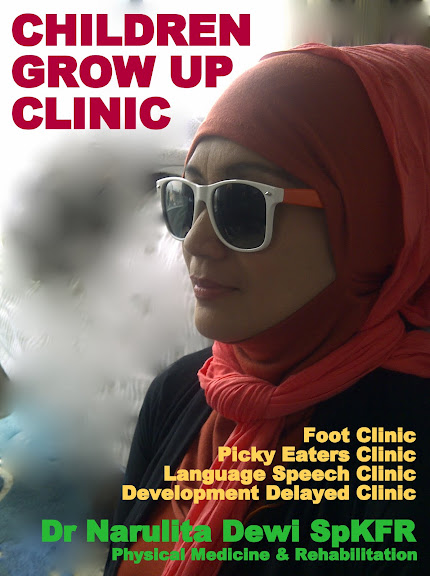Perinatal and Neonatal Risk Factors for Autism: A Comprehensive Meta-analysis
Hannah Gardener, Donna Spiegelman, and Stephen L. Buka
Pediatrics 2011; 128:2 344-355; p
ABSTRACT
BACKGROUND: The etiology of autism is unknown, although perinatal and neonatal exposures have been the focus of epidemiologic research for over 40 years.
OBJECTIVE: To provide the first review and meta-analysis of the association between perinatal and neonatal factors and autism risk.
METHODS: PubMed, Embase, and PsycInfo databases were searched for studies that examined the association between perinatal and neonatal factors and autism through March 2007. Forty studies were eligible for the meta-analysis. For each exposure, a summary effect estimate was calculated using a random-effects model. Heterogeneity in effect estimates across studies was examined, and, if found, a meta-regression was conducted to identify measured methodological factors that could explain between-study variability.
RESULTS: Over 60 perinatal and neonatal factors were examined. Factors associated with autism risk in the meta-analysis were abnormal presentation, umbilical-cord complications, fetal distress, birth injury or trauma, multiple birth, maternal hemorrhage, summer birth, low birth weight, small for gestational age, congenital malformation, low 5-minute Apgar score, feeding difficulties, meconium aspiration, neonatal anemia, ABO or Rh incompatibility, and hyperbilirubinemia. Factors not associated with autism risk included anesthesia, assisted vaginal delivery, postterm birth, high birth weight, and head circumference.
CONCLUSIONS:
There is insufficient evidence to implicate any 1 perinatal or neonatal factor in autism etiology, although there is some evidence to suggest that exposure to a broad class of conditions reflecting general compromises to perinatal and neonatal health may increase the risk. Methodological variations were likely sources of heterogeneity of risk factor effects across studies.
Key Words:
autistic disorder risk factors etiology infant newborn pregnancy complications
Source : Department of Epidemiology and Department of Biostatistics, Harvard School of Public Health, Boston, Massachusetts; and Department of Community Health, Brown University, Providence, Rhode Island
supported by
CHILDREN GRoW UP CLINIC Yudhasmara Foundation
Inspirasi Orangtua, Tumbuhkan Anak Semakin Kuat dan Cerdas
 CHILDREN GRoW UP CLINIC I Jl Taman Bendungan Asahan 5 Bendungan Hilir Jakarta Pusat phone 5703646
CHILDREN GRoW UP CLINIC I Jl Taman Bendungan Asahan 5 Bendungan Hilir Jakarta Pusat phone 5703646- CHILDREN GRoW UP CLINIC II MENTENG SQUARE Jl Matraman 30 Jakarta Pusat
- email :
- http://childrengrowup.wordpress.com
WORKING TOGETHER SUPPORT TO THE HEALTH OF ALL CHILDREN BY CLINICAL, RESEARCH AND EDUCATIONS. Advancing of the future pediatric and future parenting to optimalized physical, mental and social health and well being for fetal, newborn, infant, children, adolescents and young adult
LAYANAN KLINIK KHUSUS “CHILDREN GRoW UP CLINIC”
PROFESIONAL MEDIS “CHILDREN GRoW UP CLINIC”
|
Clinical – Editor in Chief :
 Dr WIDODO JUDARWANTO SpA, pediatrician
Dr WIDODO JUDARWANTO SpA, pediatrician
- email :
- curriculum vitae
- For Daily Newsletter join with this Twitter https://twitter.com/WidoJudarwanto
Information on this web site is provided for informational purposes only and is not a substitute for professional medical advice. You should not use the information on this web site for diagnosing or treating a medical or health condition. You should carefully read all product packaging. If you have or suspect you have a medical problem, promptly contact your professional healthcare provider
Copyright © 2012, CHILDREN GRoW UP CLINIC Information Education Network. All rights reserved











